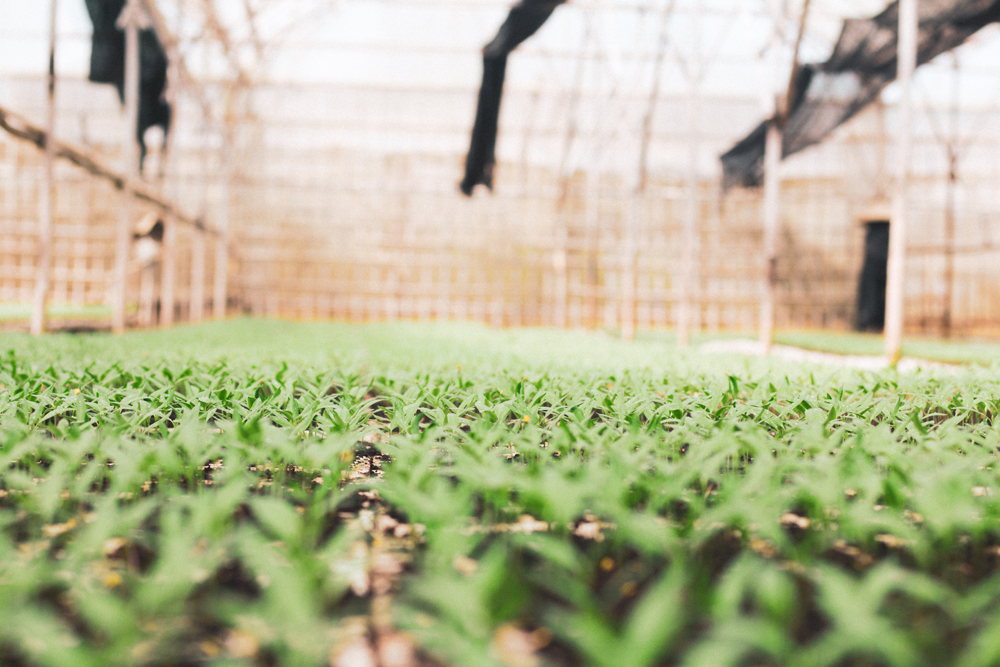What is indoor farming?
Indoor farming is the practice of growing plants under fully controlled conditions inside buildings, without the need for solar light or soil.
Unlike greenhouse growing, which relies on sunlight, indoor farming uses LED light to provide different wavelengths specific to each different crop and growth stage.
Nutrients, water, temperature, humidity and acidity are also all carefully calibrated to optimise growth. Indoor farms therefore tend to produce stronger, healthier crops at a much faster rate than conventional farming methods.
The indoor farming market is now growing at 27-30% annually and is predicted to reach $6.31 billion by 2022. Major players like Google, IKEA and the Sheikh of Dubai have all invested tens of millions of dollars in this space.

Five key benefits of indoor farming
RELIABLE
Traditional farming is a notoriously fickle beast - unfavourable weather conditions, poor soil quality, pests and diseases can all decimate crops and mean months of hard work are wasted. Indoor farms are completely protected from the vagaries of nature and can grow consistent, high-quality produce 365 days a year.
EFFICIENT
Most of the growing processes within an indoor farm are automated, meaning they require far less human labour. Because they operate independently of local soil and weather conditions, they can be located within or close to urban centres, meaning their produce can be quickly and cheaply distributed, maximising freshness and shelf life.
SUSTAINABLE
Indoor farms reduce overall carbon dioxide output by between 67% and 92% in comparison with greenhouse farming, and even more in comparison with open fields. In an indoor farm, you can grow a kilogram of lettuce using just one litre of water; it takes 20 litres in a greenhouse and 250 litres in open fields. And because they can be built wherever there is consumer need, the food miles involved in distribution are dramatically reduced.
HEALTHY
Indoor farming is very hygienic, thanks to its use of automation and robotics and minimal human intervention. The safety, transparency and integrity of its food supply chains is exemplary. Produce is grown completely free of pesticides and packed with nutrition and flavour, containing higher levels of flavonoids and antioxidants.
ADAPTIVE
Indoor farms can react swiftly and decisively to changing market demand. The ability to precisely engineer levels of light, water, nutrients, humidity and temperature to perfectly suit specific crops means that produce can be grown much faster than in traditional farming. It also means that indoor farms can cultivate plants with medicinal value for use by the pharmaceutical industry.
